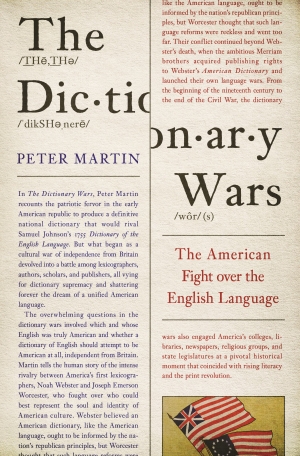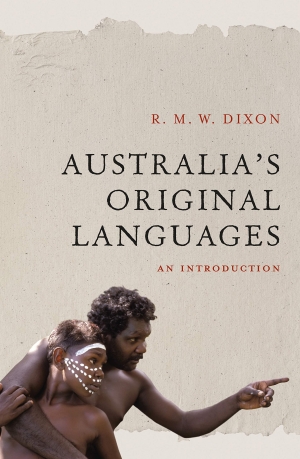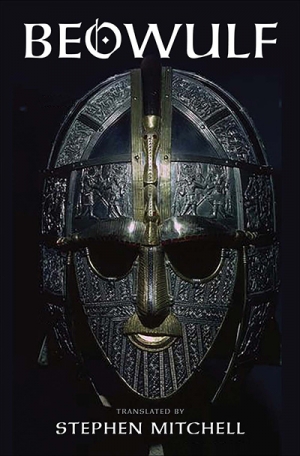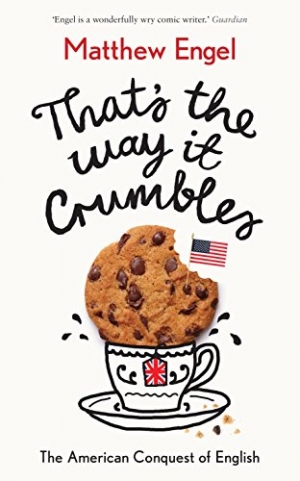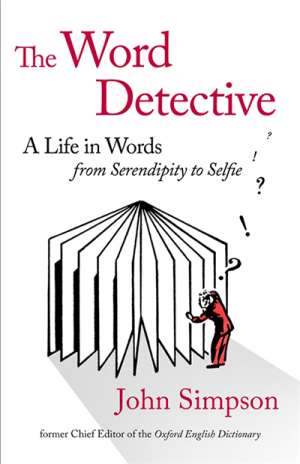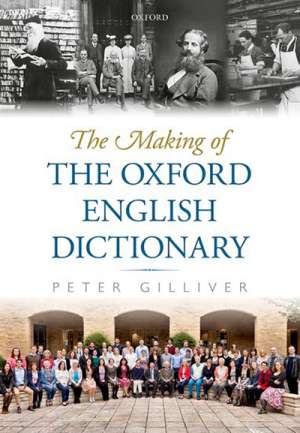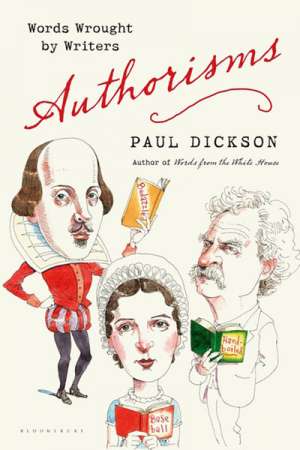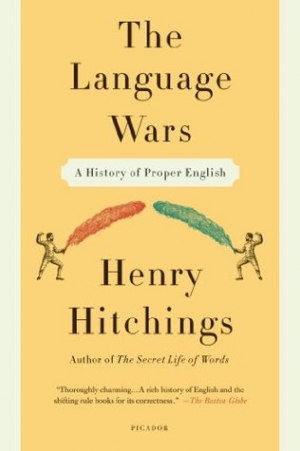Bruce Moore
Bruce Moore reviews 'The Dictionary Wars: The American fight over the English language' by Peter Martin
The title of this book refers to the battle for market dominance between the editors and publishers of two rival dictionaries, the one edited by Noah Webster and the other by Joseph Worcester. This battle took place largely between 1829 and 1864, and it was played out in the newspapers and by means of pamphlet warfare ...
... (read more)Bruce Moore reviews Australia’s Original Languages: An introduction by R.M.W. Dixon
Bob Dixon has researched Australian Indigenous languages since the 1960s, has constructed grammars of five languages, and has written numerous scholarly books and articles on Aboriginal languages ...
... (read more)Comments from John Miller, Barry Oakley, Davd Fitzpatrick, Claire Rhoden, and Robert Wills.
... (read more)The Old English Beowulf, the most important poem in English before Chaucer, was probably composed in the eighth century. The poem traces Beowulf’s three fights against the monster Grendel, Grendel’s mother, and the dragon. The dragon is defeated, but Beowulf also dies in the battle. The poem ends with an elegiac lament ...
... (read more)Bruce Moore reviews 'That’s the Way It Crumbles: The American conquest of English' by Matthew Engel
Matthew Engel has written for many years in The Guardian and the Financial Times, on topics ranging from politics to sport, and between 1993 and 2007 he produced editions of Wisden Cricketers’ Almanack. In this latest book he takes up the bat (or steps up to the plate) for British English. That’s the Way It Crumbles is a lament ...
... (read more)Bruce Moore reviews 'The Word Detective: A life in words, from Serendipity to Selfie' by John Simpson
What does a lexicographer do? How do you become a lexicographer? What makes a good lexicographer? What is the difference between a ‘standard’ dictionary and a dictionary based on historical principles? How do you reinvent the Oxford English Dictionary so that it has a secure place in an online modern publishing world? These are among the questions explo ...
Bruce Moore reviews 'The Making of the Oxford English Dictionary' by Peter Gilliver
There have been popular accounts of the making of the Oxford English Dictionary, especially Simon Winchester’s The Surgeon of Crowthorne (1998) and The Meaning of Everything (2003), and there have been more scholarly accounts, such as ...
... (read more)The Australian National Dictionary – the second edition of which has just been published – is based on historical principles and modelled on the large Oxford ...
... (read more)American Paul Dickson has written many books on aspects of language, including Words from the White House (2013). He also claims to have invented some fifty words, although he admits that only two of these have any real chance of becoming ‘household words’: word word ‘a word that is repeated to distinguish it from a seemingly identical word or name’, as in ‘a book book to distinguish the prior work in question from an e-book’; and demonym ‘a name commonly given to the residents of a place or a people’ (as Briton or Liverpudlian). In his new book, Dickson includes these two words, along with a solid collection of English neologisms from mainly English authors from Chaucer to the present. Such is the prerogative of the author of a book on authorisms.
... (read more)Bruce Moore reviews 'The Language Wars: A History of Proper English' by Henry Hitchings
Henry Hitchings has written a number of well-received books on aspects of the English language, including Dr Johnson’s Dictionary: The Extraordinary Story of the Book That Defined the World (2005) and The Secret Life of Words: How English Became English (2008), which focuses on the numerous borrowings that English has made from other languages.
... (read more)
